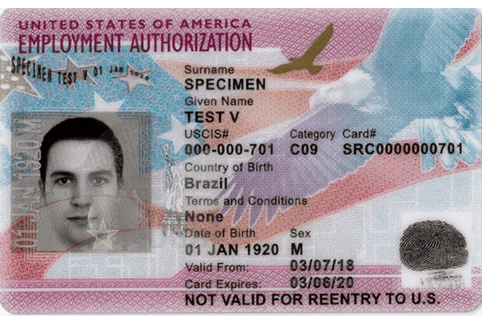What is agricultural work?
Agriculture includes many types of jobs that help grow, raise, and prepare food.
Common examples include:
- Growing and harvesting crops (fruits, vegetables, grains)
- Caring for animals (dairy, poultry, livestock)
- Packing and processing food
- Driving or repairing farm machines
- Supervising workers or managing a farm
Basic skills you may need:
- Ability to lift, carry, or stand for long hours
- Willingness to work outdoors in different weather
- Follow instructions and safety rules
- Basic communication with coworkers or supervisors
- Attention to detail when picking, sorting, or packing
How do I find agricultural work?
You can search for agricultural jobs through:
- Local job centers
- Community organizations and groups
- Some online agricultural job boards, like Aghires
ምክሮች፦
- Ask local community groups if farms are hiring. Many farms recruit through word of mouth.
- Be careful of job scams, especially online postings that ask you to pay money up front.
Training and education
Many jobs provide training, especially entry-level crop and animal work. More specialized jobs (like equipment operator or supervisor) may require safety or equipment certification.
You can:
- Take low-cost classes at a community college
- Find training through local extension offices or job centers
- Watch free safety videos from U.S. Agricultural Safety and Health Centers
Ask your local job center if they offer free or low-cost classes for agricultural workers.
Work authorization and visas
Some agricultural jobs require work authorization or a work permit (EAD). Some farms hire through H-2A visas, which allow temporary work for people outside the U.S.
Even if you are undocumented, you still have legal rights at work.
- Learn more about how to get a work permit and temporary work visas.
Your rights as a farmworker
All workers in the United States—no matter your immigration status—have the right to a fair, safe, and healthy workplace. Many farm workers are immigrants, and most basic labor laws protect all workers, even if you do not have a work permit.
Your rights include:
- Being paid at least the minimum wage
- Working in a safe and healthy environment
- Asking for safety gear and training if you are using machines or chemicals
- Being free from discrimination or harassment
- Speaking up about unsafe or unfair conditions without being punished
- Reporting violations to the government
Abuse and mistreatment are common in farm work, especially for immigrant workers. Some employers may ignore safety rules, pay less than promised, or threaten workers who ask for help, even though these actions are illegal.

Learn about fair pay, safety, and what to do if you face problems at work.
Immigrants and agricultural work
Many farmworkers in the U.S are immigrants. In California, Washington, Florida, Texas, and Oregon, a large number of farmworkers were born outside the United States.
About 70 percent of crop farmworkers in the U.S. are immigrants, and almost half do not have work authorization. California has nearly half of all immigrant farmworkers in the country.
Help for immigrant agricultural workers
Many organizations in the U.S. offer free help to farm workers and their families. They can support you with issues like unsafe work conditions or unfair treatment. They may also help with health care, food, housing, education, and immigration.
National
- Farmworker Justice: offers legal advocacy, training, and resources to improve conditions.
- Centro de los Derechos del Migrante (CDM): supports migrant workers before coming to the U.S., while working here, and when returning home.
California
- United Farm Workers Foundation (UFW): provides immigration legal services, worker rights education, and community support.
- California Farmworker Foundation: offers food and aid, and programs to improve quality of life.
- California Rural Legal Assistance Foundation (CRLAF): provides legal help, education, and advocacy.
Washington
- Familias Unidas por la Justicia: A union that advocates for better conditions.
- Catholic Community Services of Western Washington: offers financial help, legal referrals, and community services.
Florida
- Farmworker Association of Florida (FWAF): provides community organizing, health education, legal advocacy, and leadership development.
Oregon
- Pineros y Campesinos Unidos del Noroeste (PCUN): union providing worker rights education, community programs, and immigration support.
Special programs
Some community programs offer land, tools, and training for immigrant and refugee farmers. Try searching online for programs like: “refugee farming program” + your state.
Examples include:
- New Roots (program in several states)
- Growing Together (Tennessee)
- Global Growers Network (Georgia)
- Plant It Forward (Texas)
ተጨማሪ ከUSAHello
የተወሰነ መረጃ እየፈለጉ ነው?
ዓላማችን በቀላሉ ለመረዳት የሚችሉና በየጊዜው የሚዘመኑ መረጃዎችን ማቅረብ ነው። ይህ መረጃ የሕግ ምክር አይደለም።





